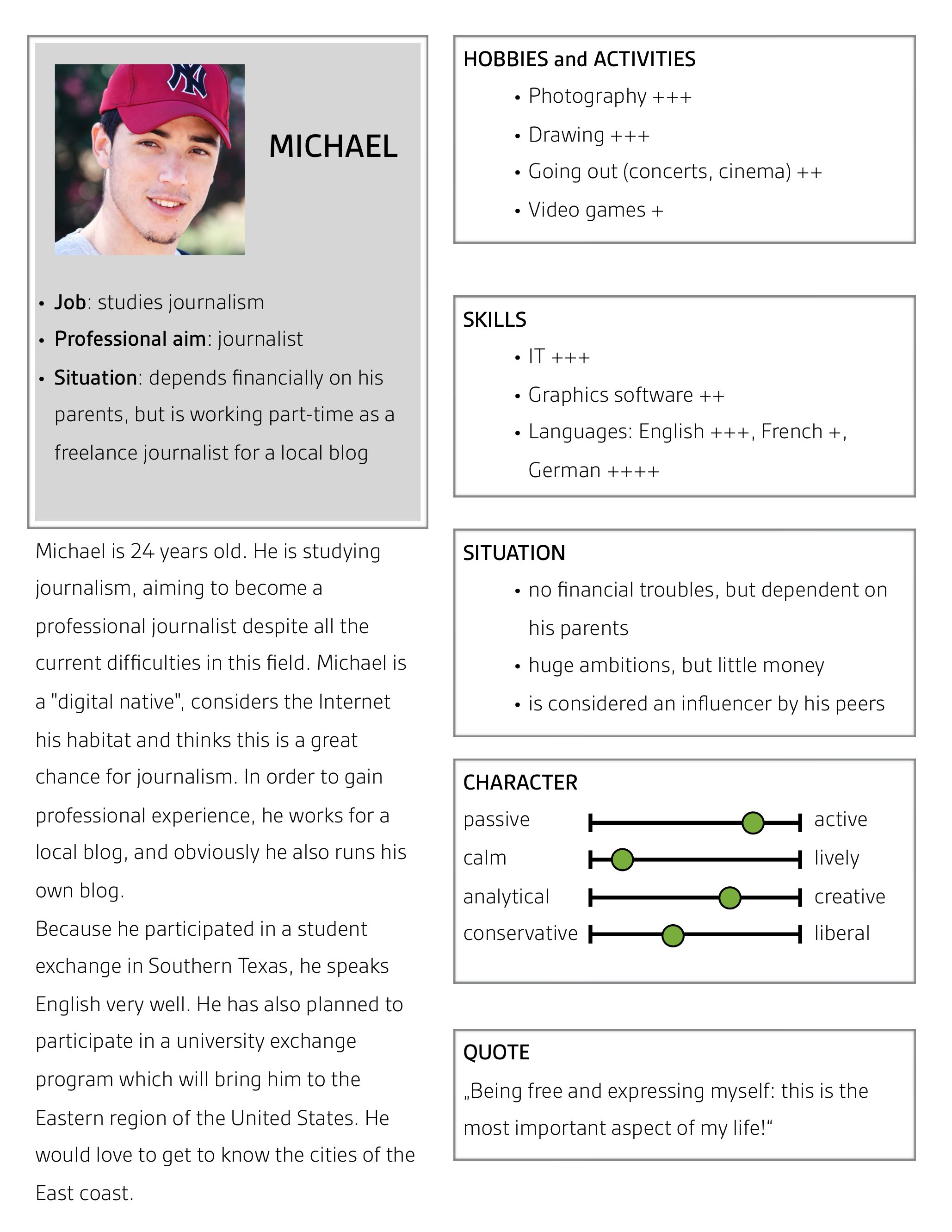In studying usability and user experience, taking the role of a user has been shown to be valuable. In this post, part of the series on blogger and ethics, I will use this approach for the topic of ethical blogging.
Be respectful and promote exchange
Blogs are no dead ends. Readers should know the links to sources, inspirations and further information in order to promote the exchange and treat the work of others with respect.
The word “net” is closely related to “networking“. Readers profit from the strong network between blogs. It has never been easier to disclose sources, offering valuable information to the reader. Furthermore, the author also profits from pointing others to important sources as the reader will remember who has suggested the information. Curating is a natural form of content with great value. Collecting and commenting on interesting articles is far away from stealing content.

License: Pen en Paper, Public Domain by Nationaal Archief
Linking to an article which was an inspiration or contained a thought worth elaborating is also a question of respect and promotes exchange. Free licenses like Creative Commons take this idea even further. They are valuable contributions to a creative and knowledge-based dialogue. Given that you profit from the movement, e.g. by using free software like WordPress (and chances are that you do), what can you as an author, blogger or other creative person give back to the community?
Opinions are valuable, so do not hide them
Blogs are based on opinions. This is a great opportunity, as long as the reader always knows what is an opinion. Additionally, the limits of expressing opinions have to be considered.
Blogs as media concentrate on opinions. This is one of their greatest strengths, because without opinions, no discussion is possible. New ideas often only arise from exchanging opinions. It is okay (and good) to disagree, but in order to do so, readers have to know if something is an opinion or not. In journalism, this is realised by the type of text. For example, comments and reviews give the opinions of the journalist, while authors try to take a neutral position in reports. Of course, it is not really possible to leave opinions out, so there are various rules in order to deal with this situation:
- Opinions are left to people, for example the acting persons or interview partners.
- Always ask the other side. If people disagree on a topic, all aspects should be considered equally.
- Facts and opinions are separated, e.g. by using the conjunctive in case of unchecked statements: "According to the organisers, 500 people were present at the demonstration."
Some journalistic text types can also be found on blogs, for example reviews. In these cases, it is clear that the article is an opinion. In other cases, it can be a simple matter of stating that something is an opinion. There is nothing wrong in saying "In my view, …" in a blog. It is rather even a refreshing sign of professionalism. However, opinions are not without limits. They serve a respectful, objective exchange between people. Insulting people, fake news and allegations are not opinions. On the other side of the line, there is always a human being. It is not necessary to like her or him, but s/he deserves respect and openness.
Be independent, stay independent
Blogs benefit from there independence. Being transparent is important for responsible bloggers: readers should be able to check at any time if an article has been influenced from external parties.
Today, blogs are an integrated part of the media, even if they are not yet as established in Germany as in other countries. When you are interested in net culture and digital transformation, blogs are the go-to medium, often containing well-grounded information earlier than magazines or newspapers. This does not necessarily mean criticizing these "classic" media. It is more the result of blogs being able to specialize in topics far away from editorial standards:
- Blogs operate independently from news values of mass media. This enables them to write earlier about recent developments, way before they become "relevant" for classical media.
- Blogs are based on opinions and individuals. Readers of blogs value the voice of its author; while readers of news media value the editorial standards and neutral stance. The risk of covering topics too early or making errors is not as high for blogs than for established media. It is human to err, and a simple follow-up posts is enough to catch up on an error.
- Private blogs in particular do not follow the editorial constraints of magazines. For example, a couple of weeks ago, Thomas Knüwer showed how sophisticated some blogs looked at the coverage of the Fairphone (only available in German), giving the discussion valuable impulses.
If blogs concentrate on their independence, they can be a valuable addition to traditional media. However, the reader takes the lead: I am not independent because I say so, but it is the reader who decides whether she considers my blog an independent source of valuable information. Being transparent can help her take this decision because it helps to judge whether an article is neutral or not.
- Is the article a sponsored post? If yes, it should be labelled as such.
- Is there a personal or commercial relation of the blogger to the subject of the post? To give a simple example, when testing the app of a friend, a blogger may not be neutral, but can nonetheless give interesting insights, e.g. by explaining the aims behind the development or the user experience of the app.
- Has there been any influence on the content? In which form, and how strong was it?
- Is there any reward for writing the post? If yes, what is it?
Interesting with this regard is that the blog parade "bloggers and ethics" has been initiated by Rankseller, a platform bringing publishers and advertiser together and helping them negotiate the details of collaborating.
Personas and interviews can help understanding the readers

A final idea worth considering: In taking the readers' point of view, we are necessarily walking on air. Readers are not all alike: Does everybody really understand what an "advertorial" is? How should we exactly describe which aspects influenced a post in order to be transparent and clear? To answer questions like these, bloggers need a clear picture of their readers and their characteristics. Personas are a great help in this regard. A persona is a fictional, but realistic and well-grounded description of a user in order to help building empathy for the readers. But do not forget to talk to readers from time to time, because a persona is only valid if it really reflects the needs of the users.

 6 minutes estimated reading time
6 minutes estimated reading time 